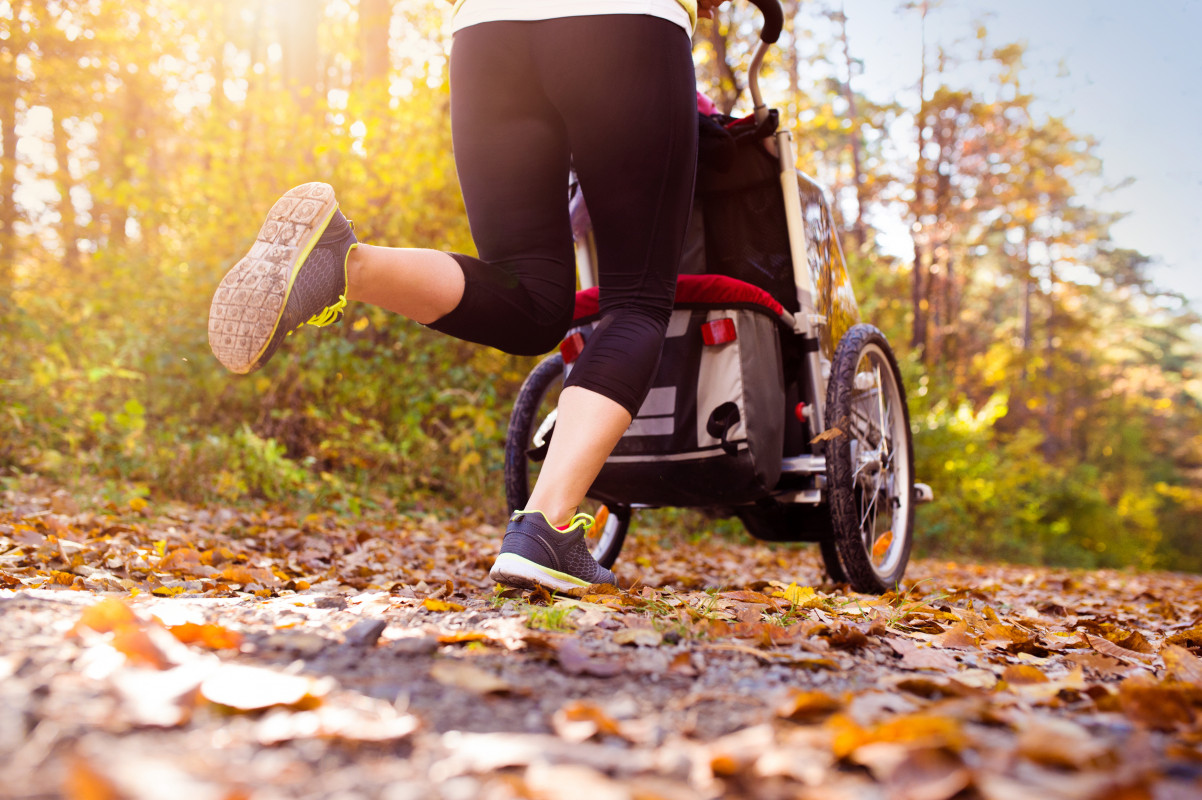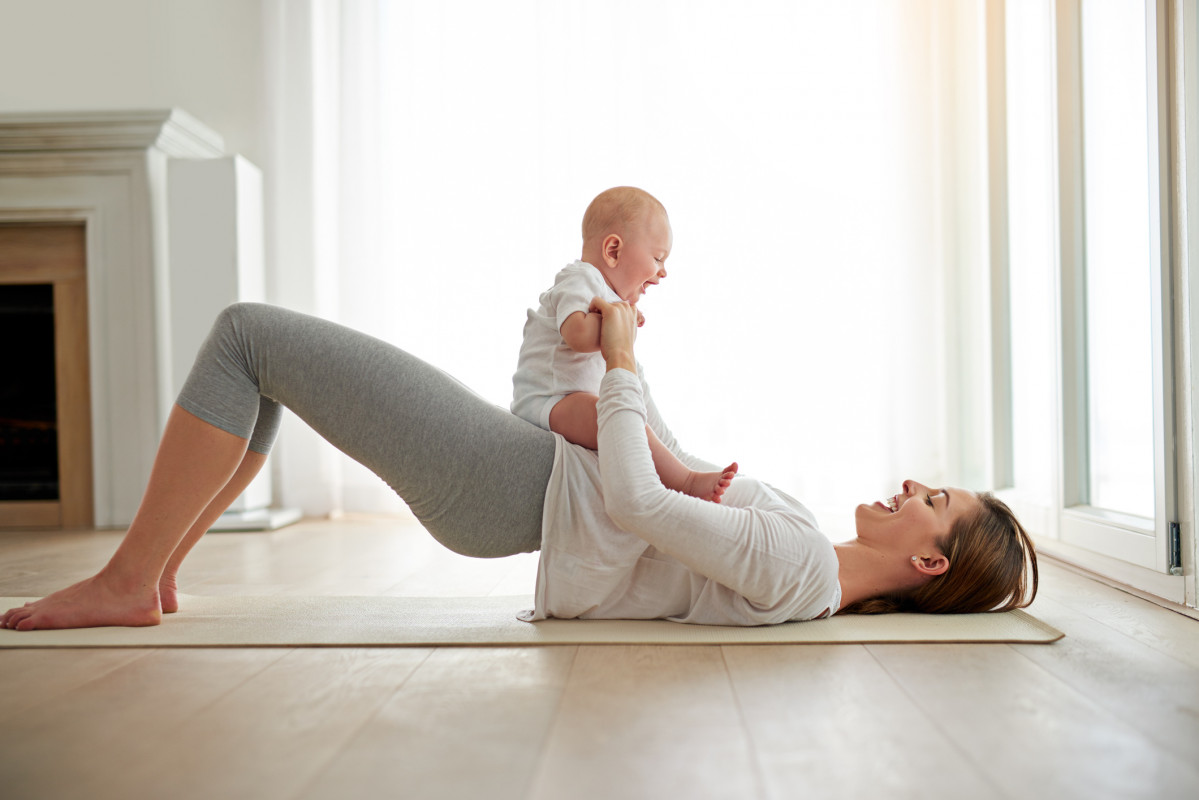
Last month, our Blacktown Women’s Health Physiotherapist Samantha presented a series of talks regarding bladder, bowel and pelvic health at the Blacktown Women’s and Girls Centre. This initiative was funded by the Continence Foundation of Australia. Each talk was aimed at different groups including 40-60 year olds, 60+ year olds and pre and postnatal women. Topics covered included good bladder and bowel habits, incontinence, pelvic organ prolapse, pelvic floor exercise and safe general exercise. If you’d like to see Samantha or one of our specialised women’s health physiotherapists, call us at any of our locations:
- Blacktown: (02) 9672 3511
- Westmead: (02) 9633 1035
- Penrith: (02) 4721 5788
- Bella Vista: (02) 8814 5551













